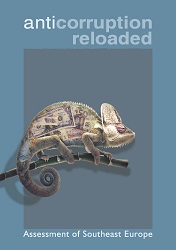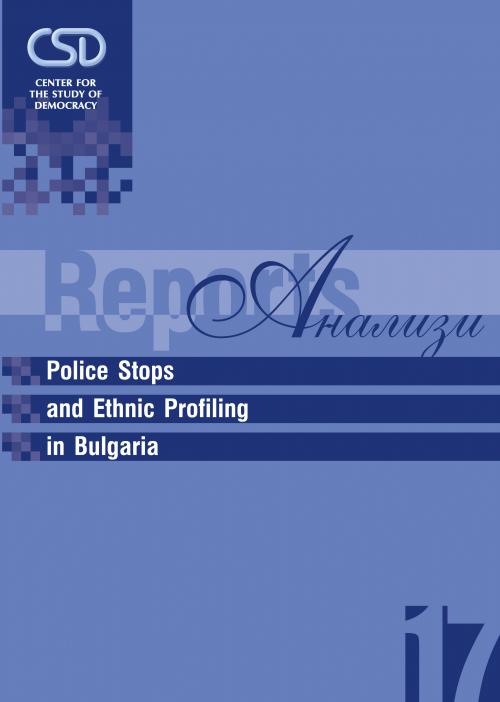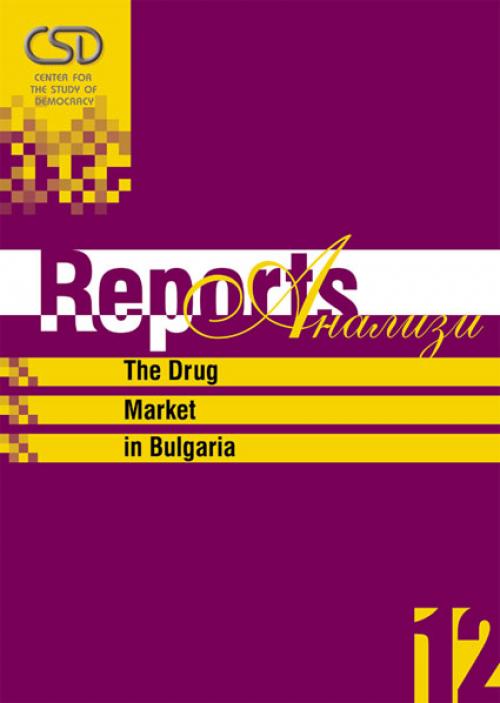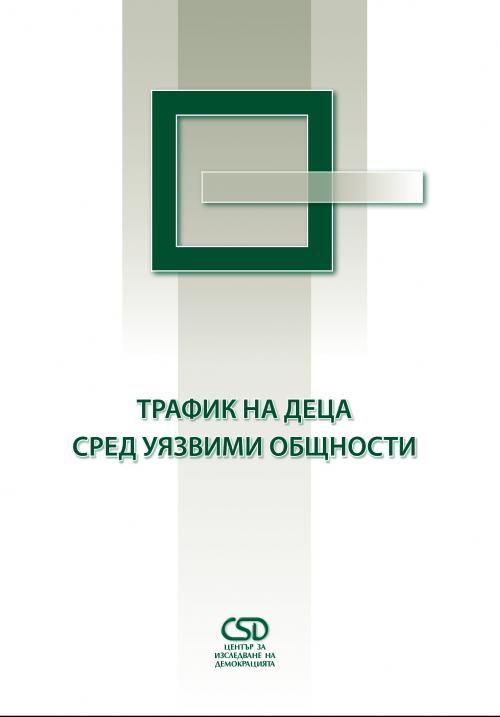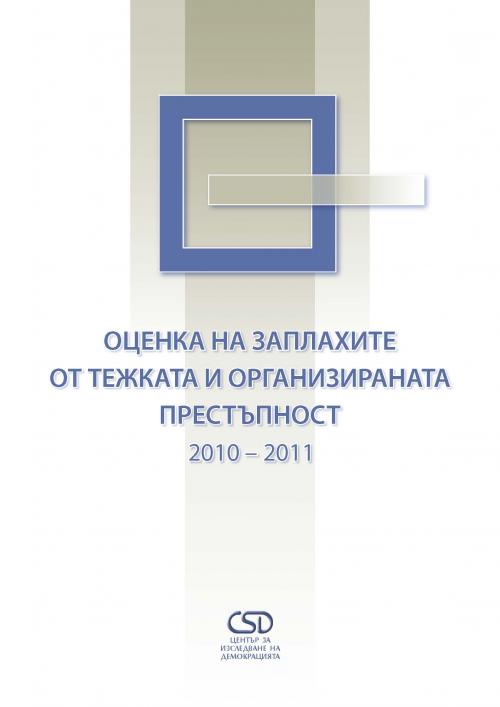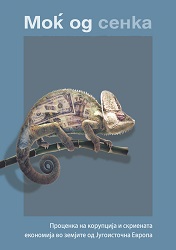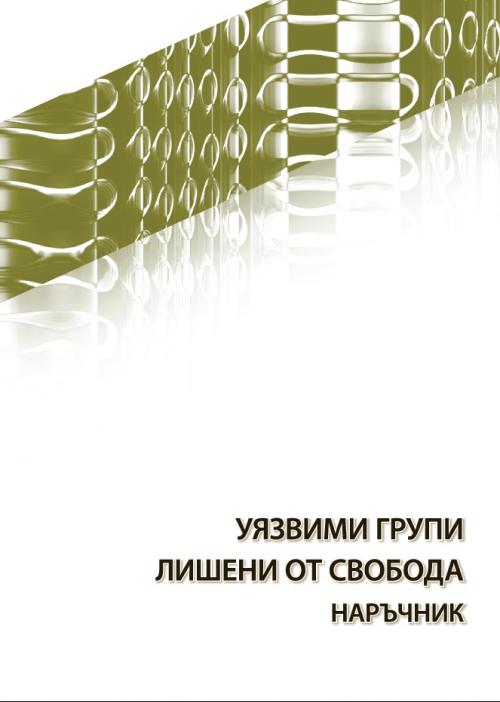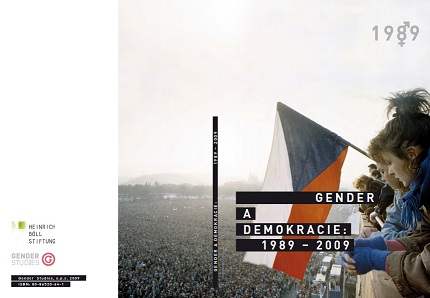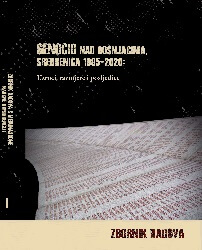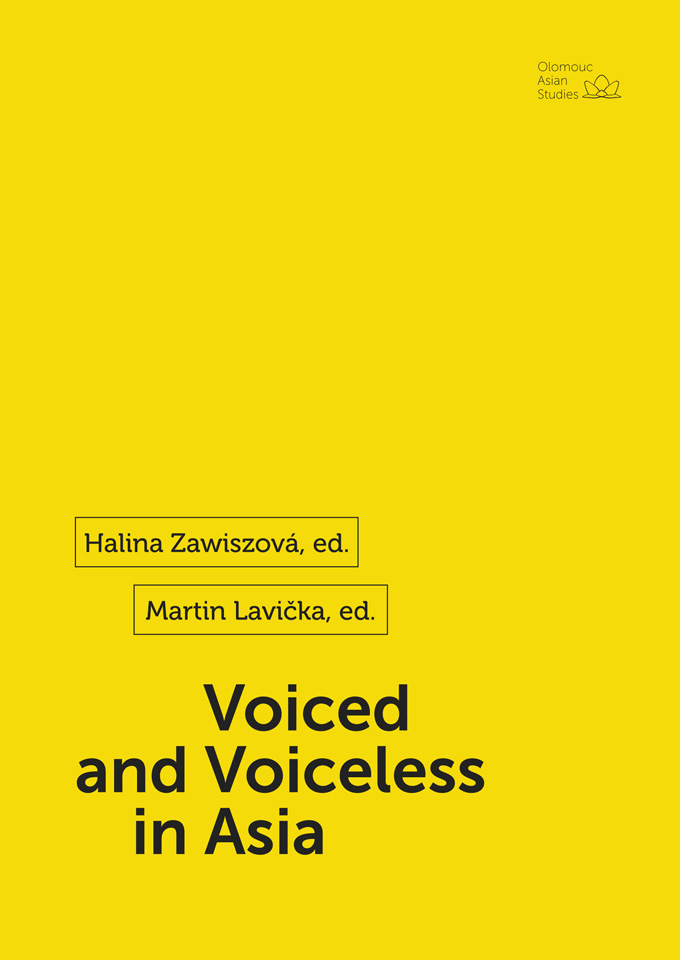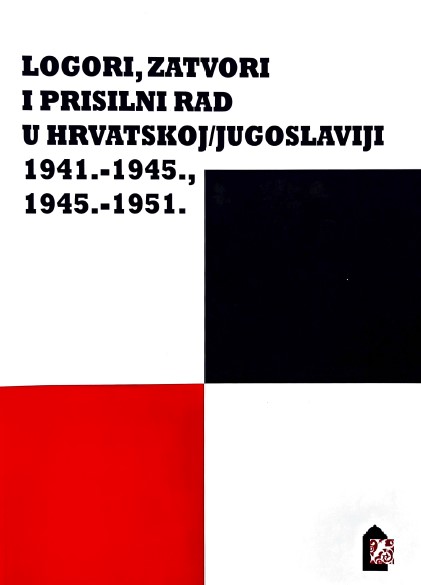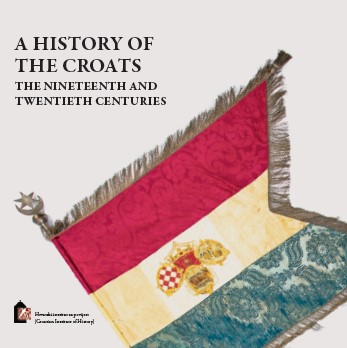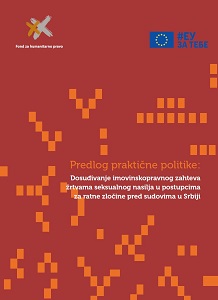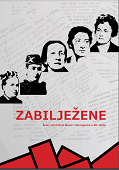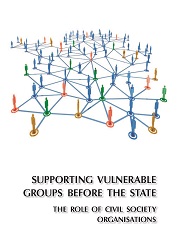
Supporting Vulnerable Groups before the State: The Role of Civil Society Organisations
The study analyses the mechanisms for interaction between public institutions and NGOs in supporting four vulnerable groups: persons deprived of their liberty, victims of trafficking in human beings, domestic violence survivors, and persons seeking international protection and other vulnerable foreigner nationals. Furthermore, it identifies trends in the cooperation between institutions and NGOs in assisting these communities. The report sums up the profile of the bodies and organisations involved and identifies problems in their interaction. Instruments for cooperation between public institutions and NGOs in relation to each vulnerable group are reviewed in detail, both on legislative and practical level. Correlations between identified problems and aspects of the interaction between public institutions and NGOs that could help resolve these problems are highlighted. In conclusion, recommendations are made to involve civil society in providing comprehensive support, in particular legal, social and administrative assistance, to vulnerable persons. These recommendations rest on the shared experience and opinions by public authorities and civil society, as well as on applicable foreign models and good practices.
More...
